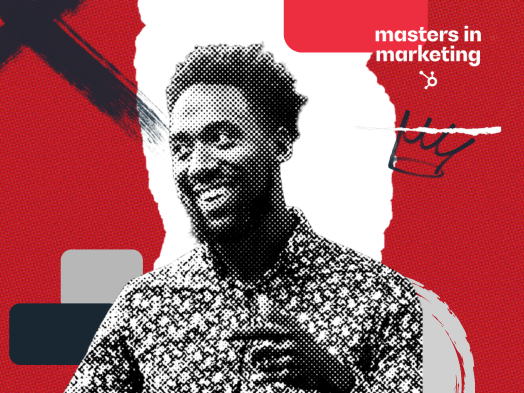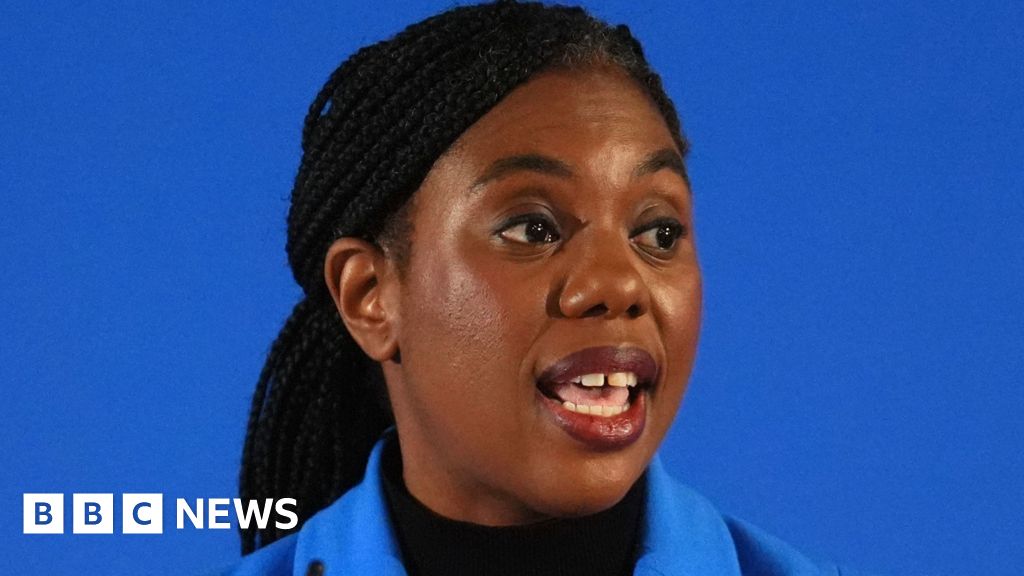With college essay season upon us, many young writers will fall into the same old trap that hurts applicants every year: viewing the personal statement as an extension of the resume. It’s understandable why teenagers feel the need to tout their accomplishments, amid so much competitive pressure. But success on this portion of the application involves embracing a paradox: the further you venture from your resume, the more effective an essay is likely to be.
To give you a better idea of what I mean, let’s look at my biography.
Brennan Barnard is the Director of College Counseling and Outreach at Khan Lab School and the College Admissions Program Advisor with Making Caring Common, a project of the Harvard Graduate School of Education. He is also the Director of College Counseling for the College Guidance Network and was the founding Director of College Counseling for US Performance Academy, an online independent high school for elite athletes. During over two decades in education, Brennan has worked as a teacher, coach, dorm parent, admission officer, counselor, and administrator at a number of high schools and colleges. A contributing writer for Forbes.com, he has written about college admission for several news outlets and journals.
Okay, so what do you know about me? You know some of what I do. You can likely glean that I am dedicated to education and that I have found my calling in counseling and admission. If you had my resume in hand, you would see the schools, positions, and periods that I worked there. You would also learn that I studied Spanish and psychology at a small liberal arts college and education administration at a large state public flagship university. That about sums up how you know me. But what don’t you know?
Do you know the devastation that I have witnessed as a firefighter, the lessons I learned as an endurance athlete, or the balance I have found as a yogi? Do you know that I grew up on a small farm and that my work ethic was formed by hours spent with my brothers cleaning goat pens and pulling weeds? Are you aware that my Quaker faith is at the foundation of my identity and my belief in peace, equity, and the power of community and connection? You don’t understand the pain I experienced from my mother’s long battle with early onset dementia and Alzheimer’s disease or the joy I get from watching my children grow in confidence and independence.
My bio doesn’t tell my story. Only I can do that. And, only you can do that with your college essay. It has been said in different ways by different people, but who we are is not what we do. His Holiness the Dalai Lama is quoted reminding us that “we are human beings, not human doings”. In an interview with On Being’s Krista Tippett, poet John O’Donohue offered: “Your identity is not equivalent to your biography,” saying, “There is a place in you where you have never been wounded, where there’s a seamlessness in you, and where there is a confidence and tranquility.”
Often students meet with me as they brainstorm essay topics, worried that they don’t have any serious “wounds” or trauma to center on. This is not the point of the essay and even the students who have faced significant adversity should not feel compelled to reach into it for a story. Focus on your being and your seamlessness.
Author David Brooks in his book “The Road to Character” explains it differently, making the distinction between two types of virtues. He writes, “resume virtues are the ones you list on your resume, the skills that you bring to the marketplace and contribute to external success.” However, he explains that “eulogy virtues are deeper. They’re the virtues that get talked about at your funeral, the ones that exist at the core of your being–whether you are kind, brave, honest, or faithful; what kind of relationships you formed.”
It is not that the indicators of external success on your resume or application are unimportant to colleges and universities. In selective college admission, what you have done in high school, both in and out of the classroom, is among the primary criteria for assessing your candidacy. They want to be sure that you can do the work. However, they also want to know you in a deeper, more meaningful light. Will you be a kind roommate, an honest classmate, and a loyal teammate? After you leave college what will they miss about you as a community member? Probably not that you earned an A in physics or joined x number of clubs.
This is your opportunity to write a eulogy for your teenage years. It will not be perfect, as neither are you. As you begin drafting your essay (this summer if your parents have their way), don’t try to write a college essay, don’t seek perfection, and initially don’t worry about grammar or flow. That will come later. Just spend time writing short stories about your life as mini vignettes or twenty-minute stream-of-consciousness free writing. Try a prompt like “You would never guess…” or “If I only knew….” What you write may not be an original topic, it might not be funny or sad, and it will not capture all of you. But it will be a story that only you can tell, so get writing.
Credit: Source link










